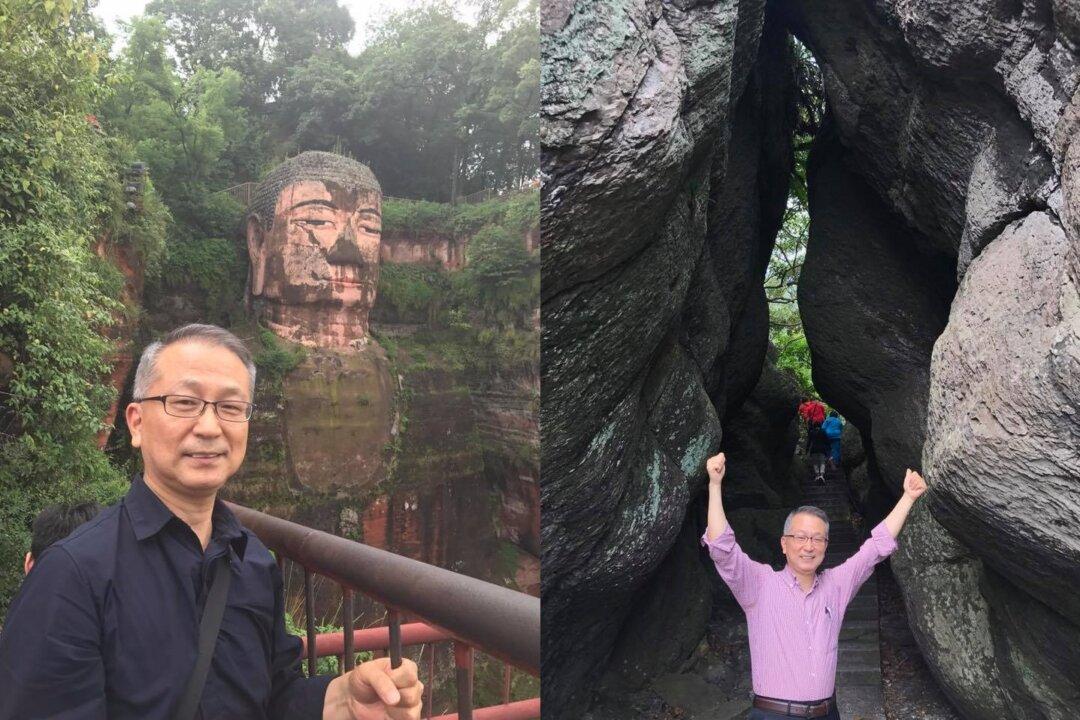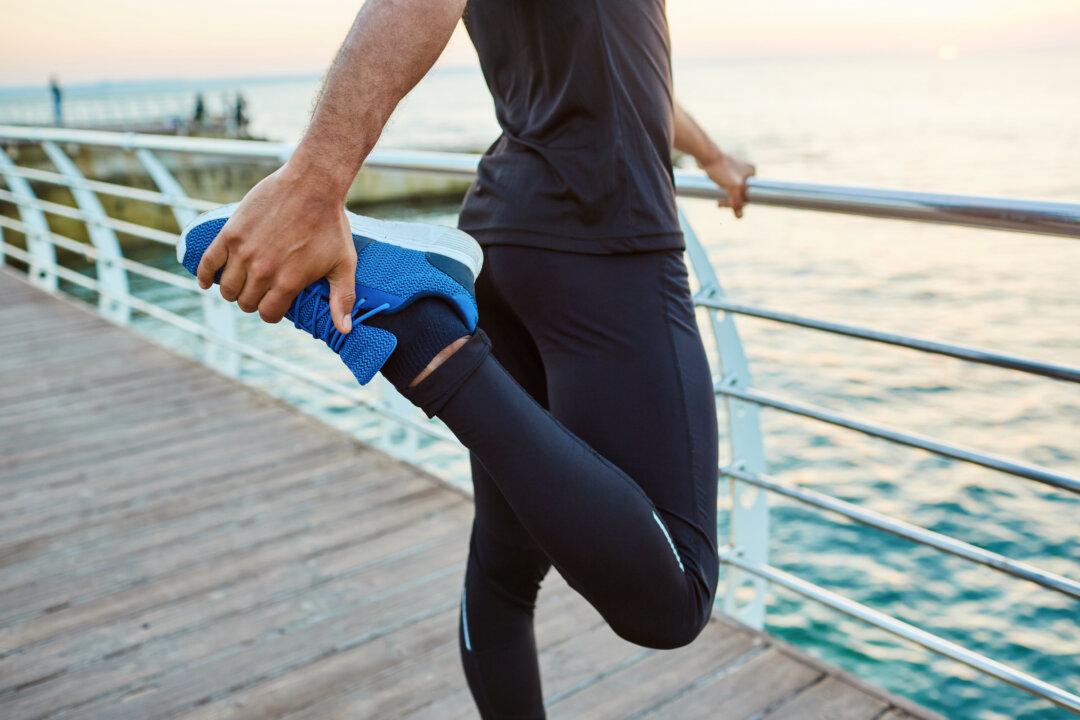In 2008, Dr. Bor-cheng Han, a professor in the Department of Public Health at Taipei Medical University, was diagnosed with liver cancer and was expected to have only three months to live. But 12 years later, he says he is healthier than his pre-cancer days.
The 64-year-old professor has been sharing his cancer-fighting methods with the public. With his spirited smile and cheerful voice, it is not at all obvious that he was once a cancer patient who had two-thirds of his liver removed. How did he achieve this?





